An overview of selected new books in Szilárd Library, with a word from their authors, reviewers and publishers.
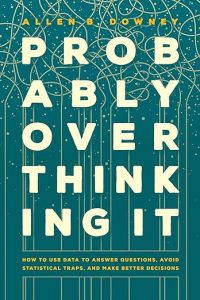
By Allen B. Downey
Statistics are everywhere: in news reports, at the doctor’s office, and in every sort of forecast, from the stock market to the weather. There are right and wrong ways to look at numbers, and Downey, blogger, teacher, and computer scientist, will help you see which are which.
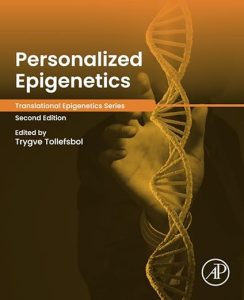
Edited by Trygve Tollefsbol
Fully updated and revised, this new edition details inter-individual variability in the major epigenetic process in humans consisting of DNA methylation, histone modifications, noncoding RNA, and the diagnostic, prognostic, and therapeutic potential of the field.
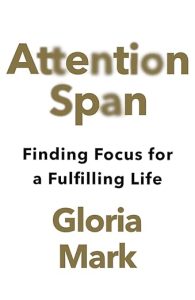
By Gloria Mark
Psychologist Gloria Mark reveals surprising results from her decades of research into how technology affects our attention. This book reveals how we can take control, not only to find more success in our careers, but also to find creativity, joy and wellness in our everyday lives.
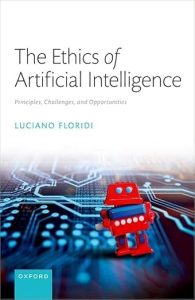
By Luciano Floridi
This book answers the urgent need for an ethics of AI, and with the original approach it is accessible to readers from any academic background. It offers practical policy recommendations and argues for “a marriage” between digital technology and environmentalism.
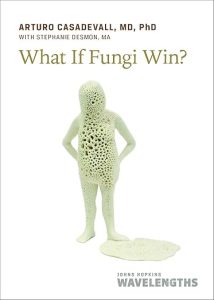
By Arturo Casadevall
Humans and fungi share nearly 50 percent of the same DNA. Because we’re related, designing drugs to combat the varieties that attack us is a challenge. Meanwhile, in an ever hotter, wetter world, fungi may be finding new ways to thrive, queueing up global outbreak potentials for which no vaccine and woefully few medications exist. Dr Casadevall shares how his team is discovering ways to counter these threats.
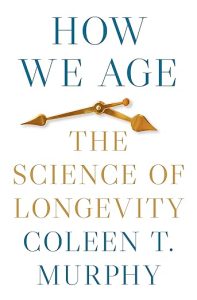
By Coleen T. Murphy
Murphy, a leading scholar of aging, explains that the study of model systems, particularly simple invertebrate animals, combined with breakthroughs in genomic methods, have allowed scientists to probe the molecular mechanisms of longevity and aging.
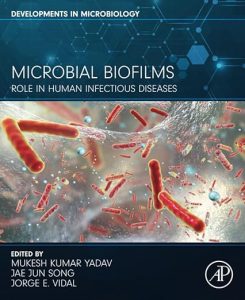
Edited by Mukesh Kumar Yadav, Jae Jun Song, and Jorge E. Vidal
Microbial biofilms are serious problem in medical settings as they are associated with significant mortality and morbidity. This book explores the mechanisms of biofilm formation, biofilm-induced pathogenesis, biofilm detection and diagnosis, gene exchange within biofilms, strategies to control microbial biofilms, and the burden of biofilm-associated infections.
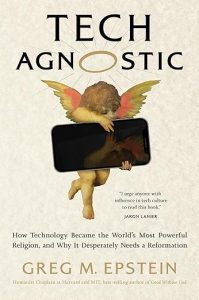
By Greg Epstein
Today’s technology has overtaken religion as the chief influence on twenty-first century life and community. Without suggesting we return to a mythical pre-tech past, Epstein shows why we must maintain a freethinking critical perspective toward innovation until it proves itself worthy of our faith or not.
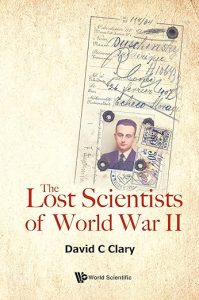
By David C. Clary
This book tells the stories of scientists from Germany and other European countries who vanished during World War II. Despite their proficiency, they all sought help from agencies to relocate to the UK in the 1930s, but were unable to secure the necessary assistance.
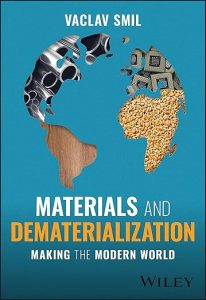
By Vaclav Smil
Over the course of time, the modern world has become dependent on unprecedented flows of materials. The evolving productivities of material extraction, processing, synthesis, finishing and distribution, and the energy costs and environmental impact of rising material consumption are examined in detail, along with the relationship between socio-economic development and resource use, including major technological and innovation aspects.









